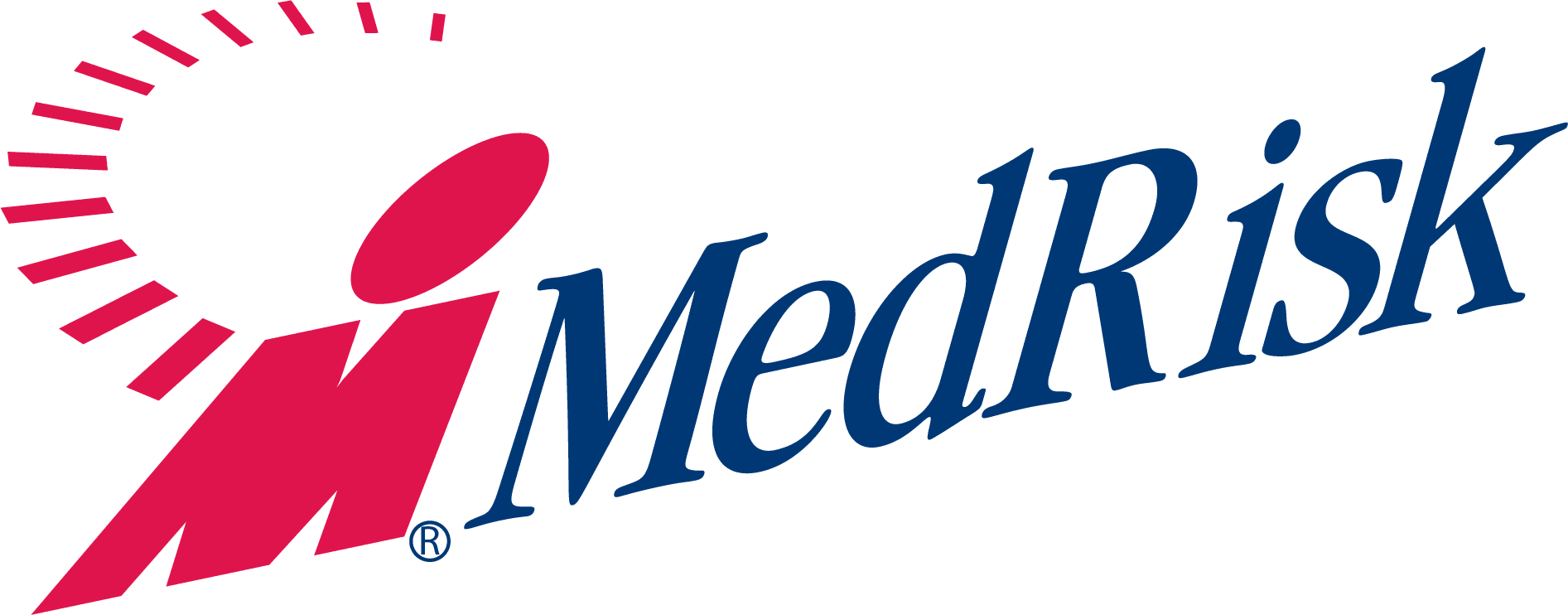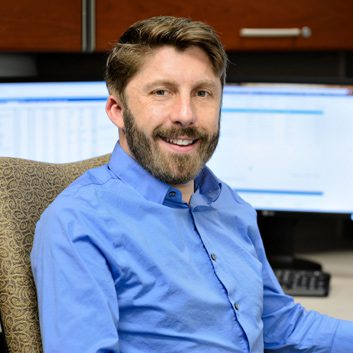Communication is the heart of the relationship between a physical therapist and patient. Here are four guidelines to help improve patient conversations—and create superior outcomes.
After an initial evaluation, PTs will typically prescribe exercises and provide low back pain (LBP) patients with information about their diagnosis, prognosis and plan of care.
A positive interaction between the patient and physical therapist during this evaluation has been linked with reduced pain and disability, as well as a higher satisfaction with treatment. In fact, studies have shown that the initial evaluation process may produce small but significant therapeutic effects related to pain, fear-avoidance and functional measure of mobility and sensitivity.
But this is only true if the therapist successfully delivers the advice and the patient receives and retains the intended message.
Unfortunately, there are cases in literature that show inconsistencies between a PT’s self-assessment and a patient’s perception. This is not just a communication breakdown but a risk to the patient’s overall care.
For example, patients with spinal problems need to understand that back pain is generally benign and activity is key to recovery. If they do not perceive this message, they have a higher risk of disability and lower treatment satisfaction 6 months after treatment.
In a study published in Wiley Physiotherapy Research International, all patients remembered the PT’s first piece of advice, with diminishing retention for the second and third pieces of advice. Simultaneously, PTs underestimated success of message delivery in the first and second items of advice and overestimated success for the third.
While the disconnect may have been marginal in this study, there were a number of factors at play that enhanced the patient-therapist interaction. Based on this research, here’s what can be done to ensure PTs successfully communicate and patients actually listen.
How to Make Sure Patients Listen: Four Guidelines
#1. Use Shared Decision Making
Shared decision making is a consultation process in which a clinician and patient work together to make a health decision. It involves discussing options, benefits and harms and considering patient values, preferences and circumstances.
Taking a collaborative approach of the clinical evaluation and involving patients throughout the diagnostic process helps ensure that the patient understands what the provider recommends—thus bolstering retention of advice and exercises.
#2. Prescribe Simple Exercises
It’s one thing to retain a provider’s advice for managing LBP. It’s another to actually follow it.
Patients are more likely to participate in exercise programs that consider their preferences, circumstances and past exercise experiences. With that said, patient adherence improves when providers prescribe:
- A limited number of exercises
- Simple yet effective exercises
- Exercises that are easy to include in daily life
#3. Address Patient Concerns
A patient’s worries, fear-avoidance, individual beliefs and experiences with LBP can negatively impact their prognosis and overall treatment outcomes.
For example, a patient may be influenced by a family member’s experience with similar pain.
It’s important to have a dialogue about these concerns and then develop specific and reasonable management strategies that addresses a patient’s worries.
#4. Identify & Address Patient Expectations
Finally, patients come into physical therapy with a set of expectations.
For the most part, patients expect specific, tailored exercises. They also expect investigations that lead to a diagnosis and an explanation of what actually caused it.
Opening a dialogue about these expectations—and addressing them—will further improve communication and patient outcomes.
Conclusion
Patient-therapist communication is critical and it all starts at the initial evaluation. As the industry continues to prioritize patient-centric care, it’s important to engage the patient from the beginning to ensure that they hear and understand the diagnosis and treatment.
Because when patients remember what PTs tell them, they are more likely to adhere to exercises and see improvements with their LBP.
MedRisk’s patient-centric approach to managed physical medicine starts with its PT Consult service: a consultation between an on-staff PT and the patient in advance of treatment. PT Consult prepares patients for what PT is like and the physical benefits it brings, such as strength, pain relief, mobility and recovery. There is a screening for any psychosocial factors that could impact recovery and the consultation helps set the patient’s expectations for therapy and what the recovery journey may look like, establishing a positive mindset as they get ready to start with their MedRisk provider.



